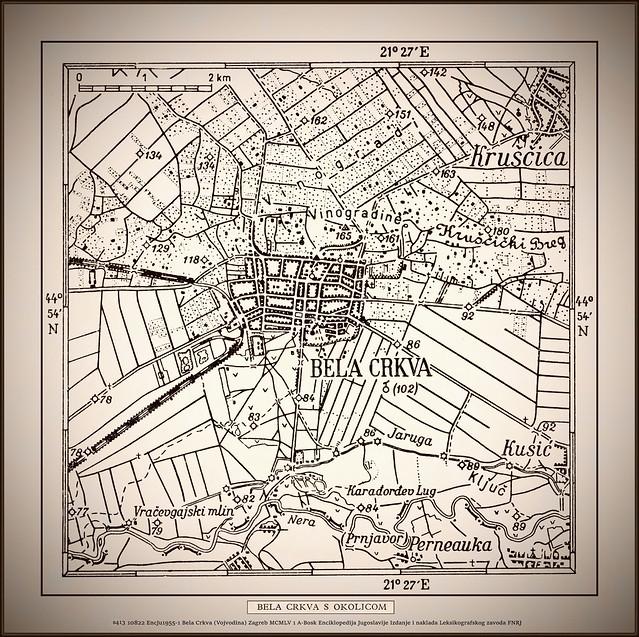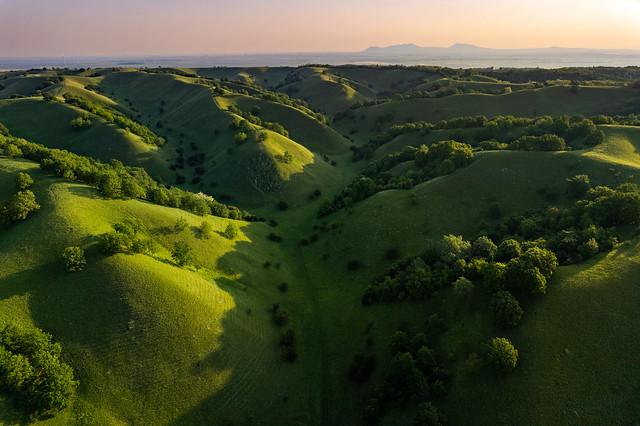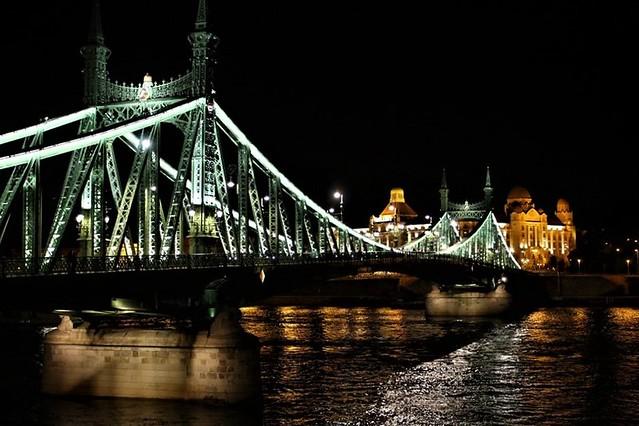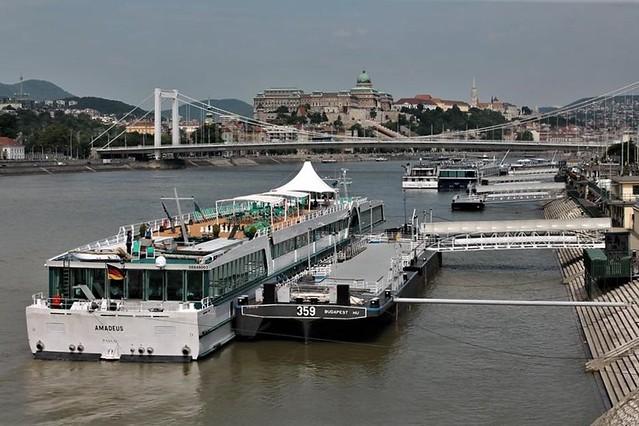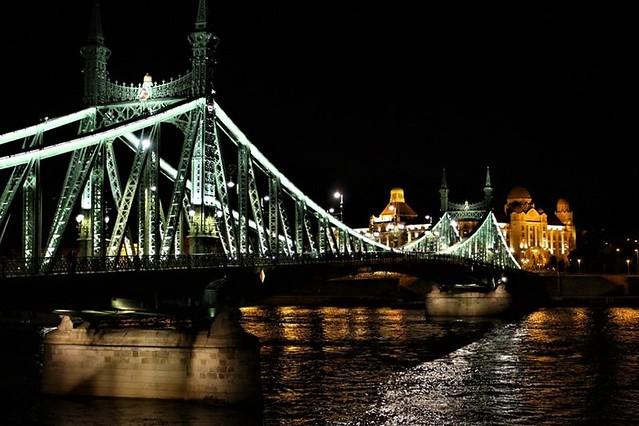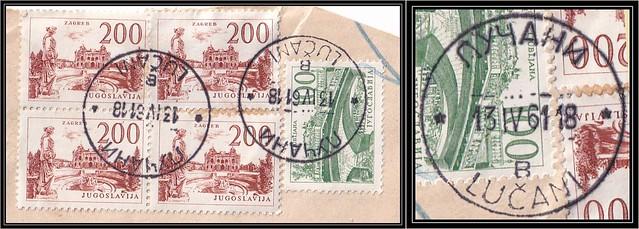South Banat District
Overview
Overview of South Banat District, Serbia
South Banat District is an enticing region in the autonomous province of Vojvodina, Serbia, known for its cultural diversity and rich history. The district, with its capital in the city of Pančevo, offers a unique blend of Serbian, Hungarian, Slovak, and Romanian cultural influences, reflected in its architecture, cuisine, and annual festivals. The area is renowned for its scenic landscapes, including the banks of the Danube River and the Deliblatska Peščara, a large sand dune known as the European Sahara, offering a unique backdrop for adventures and relaxation.
Tourism Season and Activities
The high season for tourism in South Banat is during the spring and summer months, from May to early September, when the weather is pleasantly warm and ideal for exploring. This period witnesses numerous cultural events, such as the Vojvodina Slovak Festival in Kovacica, celebrating Slovak music, dance, and art. Outdoor enthusiasts will enjoy cycling and hiking in Deliblatska Peščara or kayaking along the Danube. The summer also brings the chance to enjoy the local vineyards and taste the region's distinct wines and culinary delights at various food festivals.
Preparation for Travelers
Before visiting South Banat, travelers should prepare by checking visa requirements, as Serbia has specific entry policies depending on the country of origin. It is advisable to carry a phrasebook or download a translation app, as English is not universally spoken, especially in rural areas. Additionally, understanding local currency (Serbian dinar) and having cash is important because not all places accept credit cards. Lastly, packing should include comfortable footwear and appropriate clothing for varying activities and a basic first aid kit, ensuring a safe and enjoyable experience exploring the diverse offerings of South Banat.
How It Becomes to This
History not available

You May Like
Explore other interesting states in Serbia


